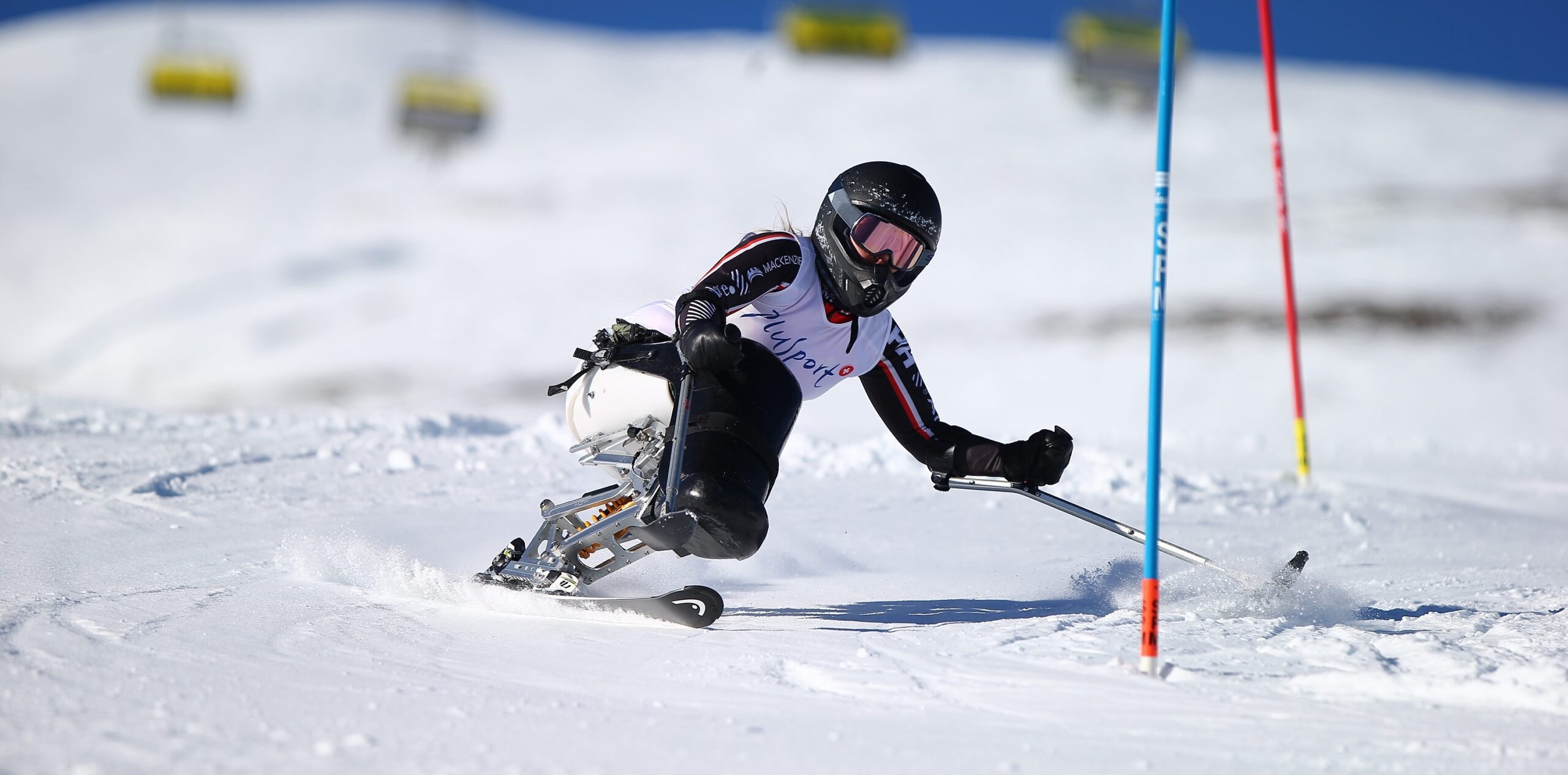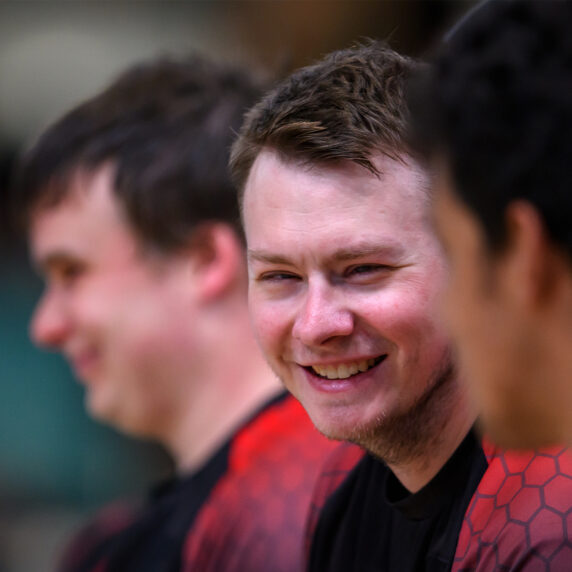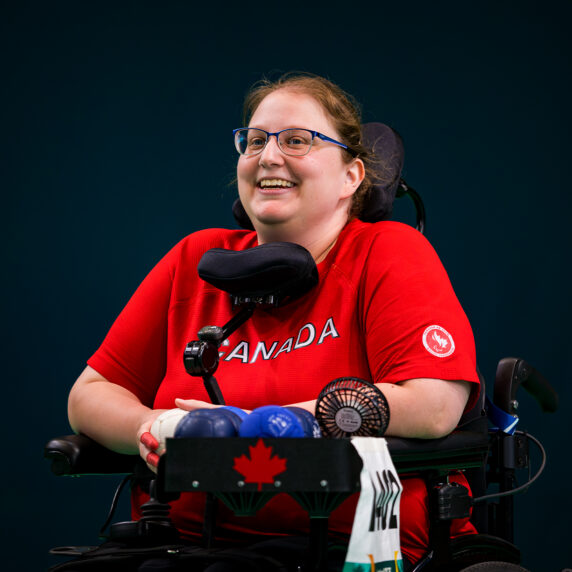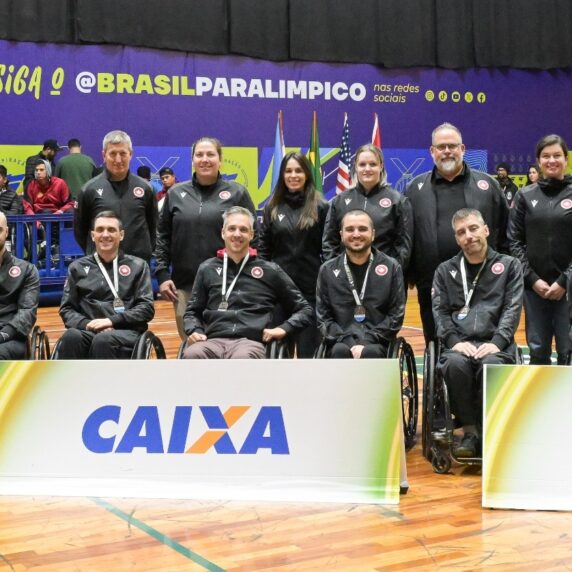All about Para alpine skiing: Canada’s most successful Paralympic winter sport
Sport has been part of the Games since day one

With 109 medals collected since 1976, Para alpine skiing is Canada’s most successful Paralympic winter sport. With 90 medals up for grabs at Beijing 2022, many countries will look to pad their medal counts on the slopes.
Head into the upcoming Beijing Games as a Para alpine expert, as we bring you up to speed on the sport below:
Paralympic Origins
The origins of Para alpine skiing go back to the first half of the 20th century. A total of 17 athletes took part in the first documented championships for alpine skiers with a disability in 1948 in Badgastein, Austria.
The sport is one of two included in the original line-up of the inaugural Paralympic Winter Games held in Ornskoldsvik, Sweden in 1976.
Races for the visually impaired were added in 1984 and the sit ski events joined the schedule in 1988.
Slalom and giant slalom were the first disciplines to be included at the Paralympic Winter Games. Downhill was added at Innsbruck 1984 followed later by the super-G at Lillehammer 1994. Super combined is also a medal event at the Paralympics.
Twenty-seven countries have won at least one Para alpine skiing medal at the Winter Paralympics. The United States is the most decorated country, with 91 golds, 96 silvers and 70 bronze. The other top five countries are Austria, Switzerland, Germany and France. Canada is sixth.
Competition at Beijing 2022 will see 220 male and female athletes go for gold in 30 races.
Sport Background
Today, many Para alpine skiers excel in all five disciplines: downhill, super-G, giant slalom, slalom and super combined. Canadian Lauren Woolstencroft was the first skier to win all five alpine skiing events at a single Games in Vancouver in 2010, sweeping the women’s standing classification.
Athletes compete in one of three different categories based on their impairment: sitting, standing and vision impaired, in the men’s or women’s divisions.
Canadian Landscape
Three of the four medals for Canada at the inaugural Winter Paralympics in 1976 were won in alpine skiing. In fact, it has been Canada’s top medal producing sport at each Games except 2006 and 2018, when Para nordic skiers took more trips to the podium.
John Gow won Canada’s first-ever gold placing first in the slalom in 1976 while Lorna Manzer added two bronze in her slalom and giant slalom races. There were only five standing categories at those Games.
The first races for visually impaired skiers were held in 1984 and Mark Bentz was Canada’s first Winter Games champion in that category with gold in the downhill and combined. Stacy Kohut became Canada’s first sit skiing alpine champion with gold in the super-G in 1994.
Canada’s first big star in the sport was Lauren Woolstencroft, born without her left arm below the elbow and both legs below the knees. She made her Games debut in 2002 with two gold and a bronze in the women’s standing category, added a gold and silver in Turin four years later before her legendary five gold-medal sweep on home soil in 2010.
Canada was also second in the Para alpine medal standings in Vancouver, its highest ranking ever, with 13 medals (six gold, four silver and three bronze). Visually impaired skier Viviane Forest, also a Paralympic Games champion in goalball, added four medals on the slopes including gold in the downhill alongside her guide Lindsay Debou.
Two members of Canada’s current 2022 Para alpine team got their start at the 2014 Games in Sochi. A 16-year-old Mac Marcoux combined forces with his then-guide Robin Lémy for a gold and two bronze while Alana Ramsay raced in four standing events, earning three top-10 finishes.
Sochi was also a career highlight for Josh Dueck, Canada’s chef de mission for Beijing 2022. He capped his brilliant career with gold in the sit skiing super combined and silver in the downhill.
Canada remains a powerful force in Para alpine. At the recent world championships in Lillehammer, the Canadians won seven medals including a silver and two bronze for Mollie Jepsen, a quadruple Paralympic medallist in her Games debut at PyeongChang 2018.
Sit skier Katie Combaluzier and standing skier Michaela Gosselin were also on the podium at the worlds and look to show why in their Games debuts in Beijing.



"*" indicates required fields
"*" indicates required fields